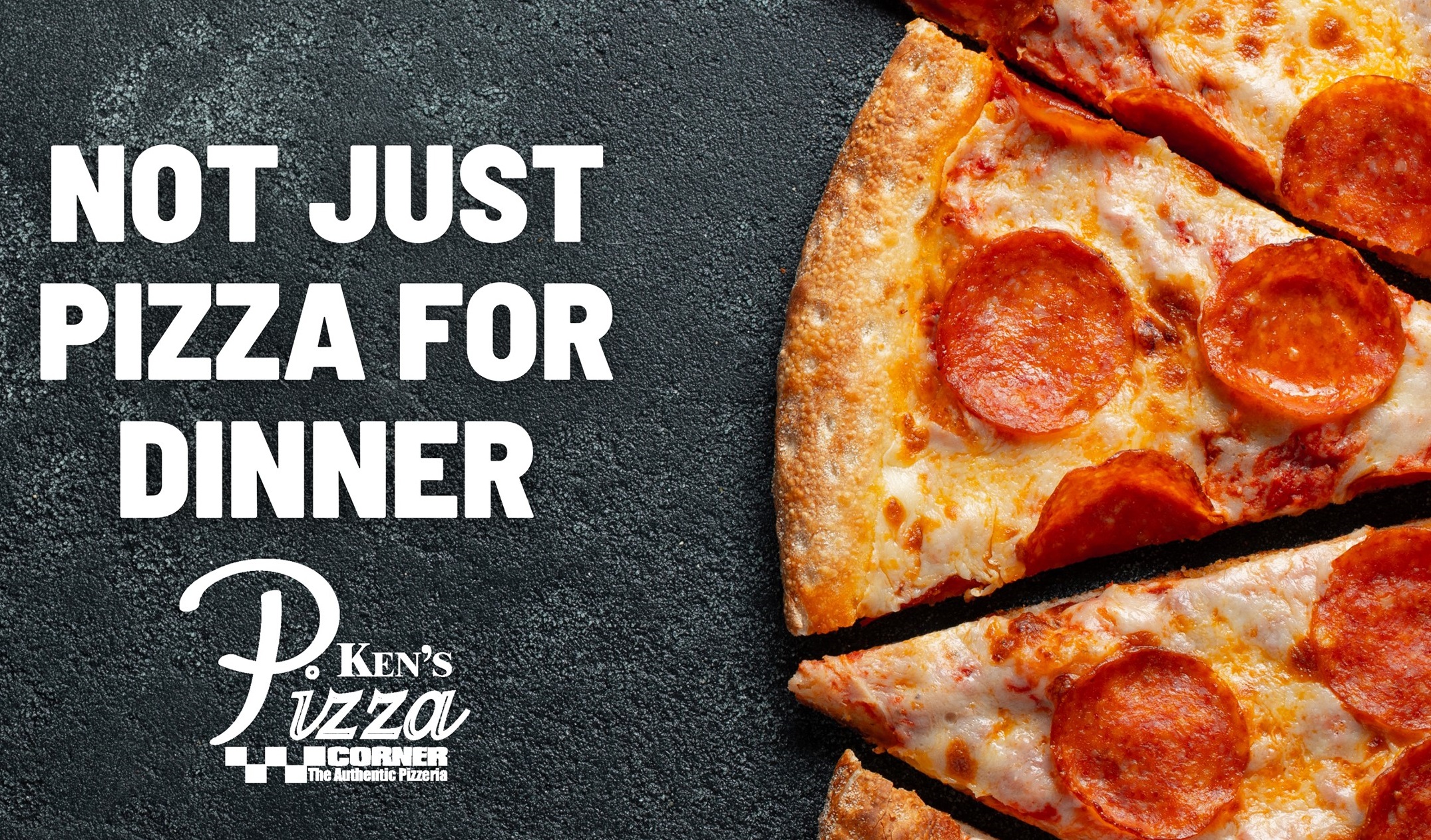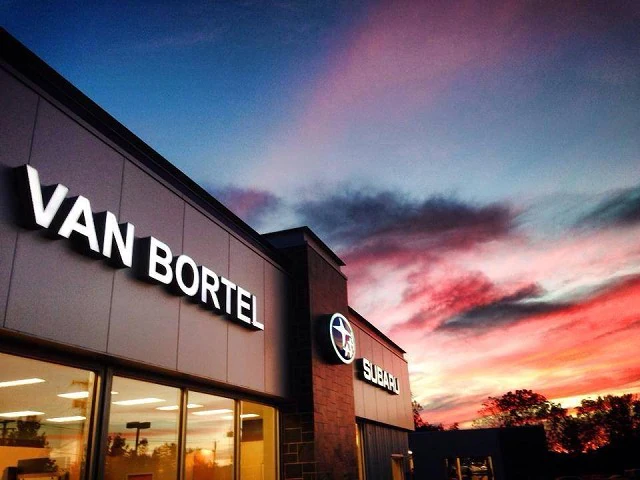Crime & Safety
Adam Interviews lead prosecutor in Hilton child sex abuse case

ROCHESTER, N.Y. — Sara VanStrydonck takes on the cases many prosecutors won’t touch.
She’s the chief of the Child Abuse/Sex Crimes Bureau within the Monroe County District Attorney’s Office, and the lead prosecutor in the new case involving the Hilton elementary school principal.
VanStrydonck sat down with Adam Chodak to talk about her work.
Adam Chodak: You got into this specific type of law rather early on, 15 years ago if I’m not mistaken. How did you find this avenue of law?
Sara VanStrydonck: I like to think of myself as a very good blend of both of my parents, who obviously have been a huge inspiration in my life. My father was a practicing lawyer for the entire time I was a child through high school and then he became a judge when I went to college, and my mother was a working mom my whole life. She worked her way through the child protective services in Monroe Country, working her way up from case worker to an administrator, and I like to think that my job here and working on child abuse cases specifically is just a perfect blend of both of them — most of what my dad did in the legal field, but also some of the social worker elements of what my mom did and what my mom instilled in me as what’s important to teach your kids and how to help the community.
AC: Having grown up with it, has it helped you avoid burnout?
SV: I do think that I’m a dinosaur in this field, which is unfortunate because I think this field is so important to have the training and the experience for all parties involved — for the kids that you’re helping, for the defendants that you’re prosecuting or potentially prosecuting or choosing not to prosecute, I think that it’s super important to have that experience and I think that it’s very sad that people burn out. That being said, I can’t say it hasn’t crossed my mind where I had those moments where I’ve said this is too much, but you get up and you do it again because you feel good about it I think.
AC: Our outlook on life is often shaped by what we see and it can evolve over time. Given the trajectory of you career and everything you’ve experienced, I’m just wondering if that’s influenced your view of the world?
SV: I’m in this unit, it’s now special victims. It’s both child abuse and adult sex crimes, but primarily most of my career has been focused on child abuse, physical abuse and sex abuse. I think if I wasn’t in this particular spot in this office, I think I may not be here anymore. I want to be here because in my opinion this is a place where if you could stop child abuse, then I think you could stop all the other things that are happening out on our streets. The violence, the repeat sexual offenders, I think that would all go away if you could somehow fix child abuse and fix the way our community treats our kids. I enjoy very much getting involved in these kids’ lives where they are and I look forward to seeing them down the road doing great things. It doesn’t always happen because sometimes the trauma they’ve been through is so significant and severe that unfortunately, they can’t dig out of that hole, but I like to have hope for the future when I see them and when I’m working with them.
AC: Experts at Bivona and Resolve are saying this year has been particularly tough because of the situation where kids are at home more, more restrictions. Have you been noticing that as well?
SV: When we first went in lockdown the reports weren’t coming in, and so one would look at it and say, “oh, child abuse must be really dropping off and you guys are going to be not so busy this year and your numbers aren’t high,” but I think what it was was these kids were not in front of mandated reporters, they weren’t in front of people that could help them, their safe people. They were just at home and they were stuck and no one was able to put eyes on them, and maybe something as simple as a toddler who might not go to school that is normally out with their parents at the corner store, at Wegmans somewhere where other people could put eyes on them and maybe their parent wouldn’t take them if they had marks on them. I think that that compounded everything and I think what happened is a lot of significant physical abuse in younger kids we saw, and once schools opened significant volumes of sexual abuse cases coming out, and I guess we weren’t surprised by because kids were there with safe people and able to tell. So, yes, I think it has ticked up a lot since the world is kind of starting to reopen. It was a bad time for a lot of kids.
AC: This exists in our community and I suppose a lot of people because it’s not front page, it’s not something we report on a lot, we shouldn’t put our head in the sand and pretend it isn’t happening…
SV: People putting their head on the pillow at night and thinking “I live in Spencerport or Penfield or the City of Rochester and these things don’t happen to the kids here, these things aren’t happening to the kids next door to me,” and that’s an easy way to look at life, and to think “I don’t hear about it on the news and the news is reporting on all these other things and they’re not reporting on sex abuse of children, inter-familial sex abuse or physical abuse,” that’s the wrong thing to think for anybody in the community. I tell my friends who are reporters you could report on any case in my filing cabinet right now and you could report on any of them. Any of them are so egregious and would probably shock the conscious of most people and I get it, it’s not something you want to put on the 5 o’clock news. People don’t want this in their face all the time. This kid was sexually abused and this kid was sexually abused and this kid almost died. It’s a terrible thing to think about. I often say I’m a really bad dinner party guest because my stories are sometimes sad and can leave people feeling broken up and even crying at times, not that I intentionally do that, it’s just not good topics.
AC: There must be a huge amount of reward to close one of these cases. Is there one that stands out to you?
SV: I think I’d be missing the big picture if I didn’t say Brook Stagles and how that impacted me and the community. That was a huge case. It was hugely reported in the media and I think rightfully so. Everybody was interested in the outcome of that case and everybody was interested in it I think because of the opportunities that were missed to help that child. You saw all the people who saw her in the days leading up to her death and could have said something but didn’t. And I think that had a big impact on me, like how can we do better? And I’m not talking about any particular agency. I’m talking about the community as a whole. You’re seeing a child literally dying before your eyes, what can you do? And why are we so reluctant to get involved with that? But there were many other cases that weren’t in the media. Some terrible inter-familial sex abuse cases where I’ve worked with amazing little kids and sometimes teenagers who are so strong and when they get into that courtroom you can’t believe it because I swear I sit there and I say to my best friend who is also my deputy bureau chief here Amanda Balling, every time you do one of these trials, you sit there and you wonder why you do this because you’re so nervous and you can’t believe you’re putting a kid through this by making him take the witness stand and having them tell what happened to them and having to get cross examined and just being in this totally foreign environment and you just think there has to be a better way, why are we doing this? But at the end of the day they do this awesome, amazing job up there and then everything else is easy. I often say doing a homicide is easier than calling a kid to the witness stand and it will never be normal to me because it is so foreign to think about that.
AC: How does the Hilton case compare to what you’ve dealt with?
SV: If you have a high-profile media case that is a whole other ballgame. Your persona has to be different. As prosecutors we have to watch what we say on particular cases. We have very tight ethics on what we can and can’t say and it also adds a different layer of pressure. You have the public looking at you viewing you like during the Stagles case people are live tweeting from the courtroom. You have another set of pressures on you that aren’t there on your average every day case, but also on any case where you have… We know 90% of kids [who are abused] are abused by someone they know, love and trust. I think the factor that makes it higher is that most of the time we’re seeing inter-familial abuse, it’s when you have that authority figure, that person of trust. Let’s go back to Joe Flowers, Pastor Flowers, that I prosecuted years ago, who was the bishop of a church and was really the only father figure for a lot of these boys and the church. He’s in the position of power and authority. I’ve prosecuted teachers who have taken advantage of that authority, those are little bit different because we hold them out to be, we put them on a different level. Teachers and pastors and religious leaders and principals, we put them on a different level. We trust our kids with them, and I think that also means something different when you’re prosecuting these cases.
AC: The bureau that you work in is a section of the DA’s office. What does it look like on the second floor?
SV: The second floor is all special victims unit and domestic violence, and that encompasses child abuse, adult sex crimes and also any kind of internet crimes, internet-facilitated crimes against children. There are 5 other attorneys besides myself who work in the unit. We all have very specialized training and skills to be here. Everybody who is in the bureau has requested to be here. I don’t think Sandra [Doorley] would ever put someone here who didn’t have that desire to be here, because to me that’s the first thing you need. I mean, there’s people who walk around on the eighth floor and go “I don’t know how you do what you do, I can’t do those cases, I can’t prosecute them.” So we’re a specialized unit here and I think we have a real sense of camaraderie amongst each other because you have to, and also with other agencies like Bivona, the Rochester Police Department, all of our partners in law enforcement, child protective services. I mean, there’s a very small group of people doing a very large amount of case work to help kids. And the DA’s office really just the end game. So you’ll see me on TV a lot because I’m getting the indictment or conviction of something like that, but, man, the behind-the-scenes work that these people are doing in like CPS and the ones out of Bivona and our law enforcement partners, it’s thankless. They get a bad rap these days and it’s hard for them to continue to do this work, but the ones that I work with in all of our law enforcement partners, unbelievable. And it takes a special kind of police officer to get involved in these cases, I’ll tell you that right now, because it’s not one of those things in the academy and you’re like “I want to go out and arrest the bad guy,” they don’t want to be sitting talking to kids that have been neglected and eating their own feces or battered. I have police officers cry on the witness stand before. That’s not something you see every day but because the cases are so traumatic.
-
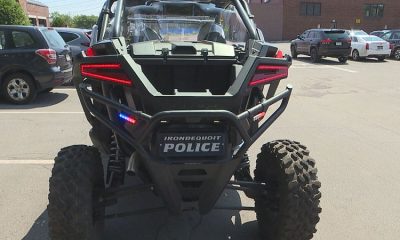
 Local News7 days ago
Local News7 days agoReducing illicit ATV and dirt bike activity in Irondequoit; providing an update on the special police detail
-
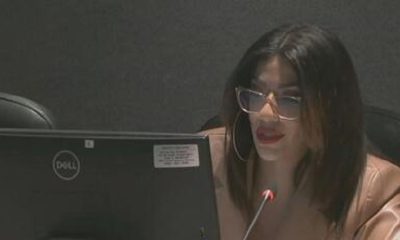
 Local News2 weeks ago
Local News2 weeks agoRochester Board of Education vice president under investigation for alleged threat
-

 New York2 weeks ago
New York2 weeks agoPush grows to expand New York’s liquor shipment, container laws
-

 Local News2 weeks ago
Local News2 weeks agoGenesee Brewery’s $50 million investment enables the construction of a new, “state-of-the-art” packaging factory
-
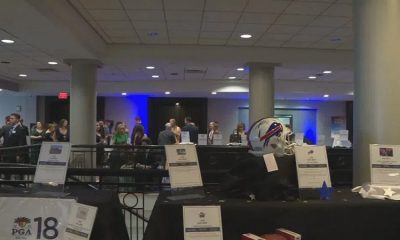
 Local News2 weeks ago
Local News2 weeks agoTo support kids who need a wish, more than 275 people attend the Make-A-Wish gala
-

 Local News2 weeks ago
Local News2 weeks agoSchumer declares $400 million in federal funding for religious institutions’ protection
-
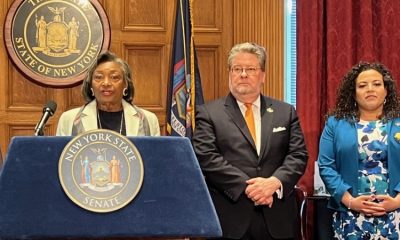
 Local News1 week ago
Local News1 week agoA judge strikes down the New York abortion rights amendment on November ballots
-

 Local News1 week ago
Local News1 week agoStudents from U of R gather as the institution suggests probable sanctions due to on-campus demonstrations

